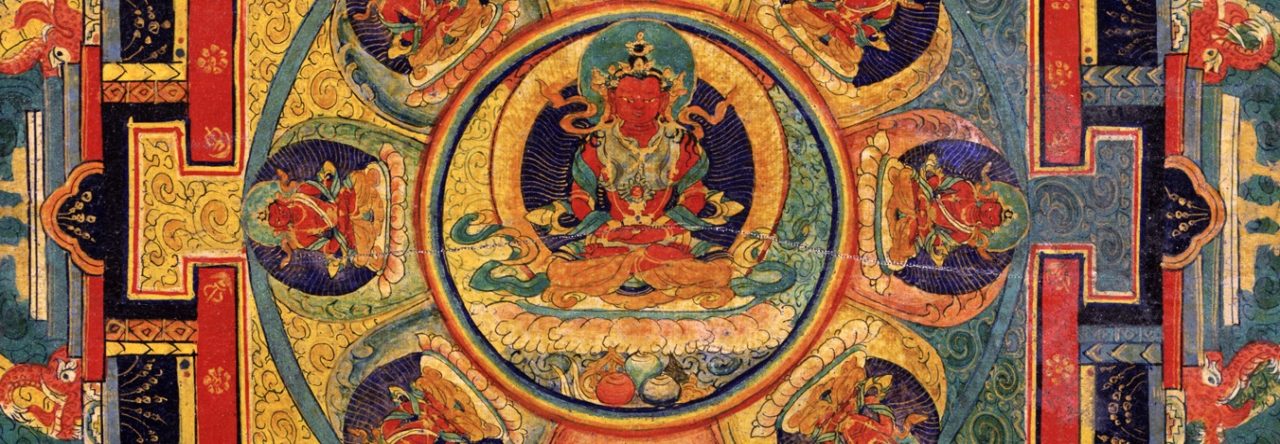In Christianity (corpus mysticum) and Islam (dâr al-islâm) the theocratic essence of the imperial idea is clearly apparent; without theocracy there could be no civilization worthy of the name; so true is this that the Roman emperors, in the midst of the pagan breakup and from the time of Diocletian, felt the need to divinize themselves or allow themselves to be divinized while improperly claiming for themselves the position of conqueror of the Gauls descended from Venus.
The modern idea of “civilization” is not without a connection, historically speaking, to the traditional idea of “empire”; but the “order” has become purely human and entirely profane, as is proven in any case by the notion of “progress”, which is the very negation of any celestial origin; in fact “civilization” is merely an urban refinement within the framework of a worldly and mercantile outlook, and this explains its hostility to virgin nature as well as to religion. According to the criteria of “civilization”, the contemplative hermit—who represents human spirituality and at the same time the sanctity of virgin nature—can only be a sort of “savage”, whereas in reality he is the earthly witness of Heaven.
Schuon, Light on the Ancient Worlds, World Wisdom, 2006, p. 2.
